A "Key Ball" Mistake - Tong Jiajun's Career Dilemma and CBA's Deep Thoughts

Why can a player's two mistakes change the direction of the entire game on the CBA court? Especially at such a crucial moment when Guangzhou team's Tong Jiajun committed two 24-second violations in a row, not only did he become the target of criticism, but he also gave Guangdong team the opportunity to turn the tide. Was this an accidental mistake or another "undercover" strategy? And as Du Feng's nephew, how should Tong Jiajun's performance be interpreted? Behind this game, it reflects not only the gap in competitive level but also some deeper workplace and psychological issues.
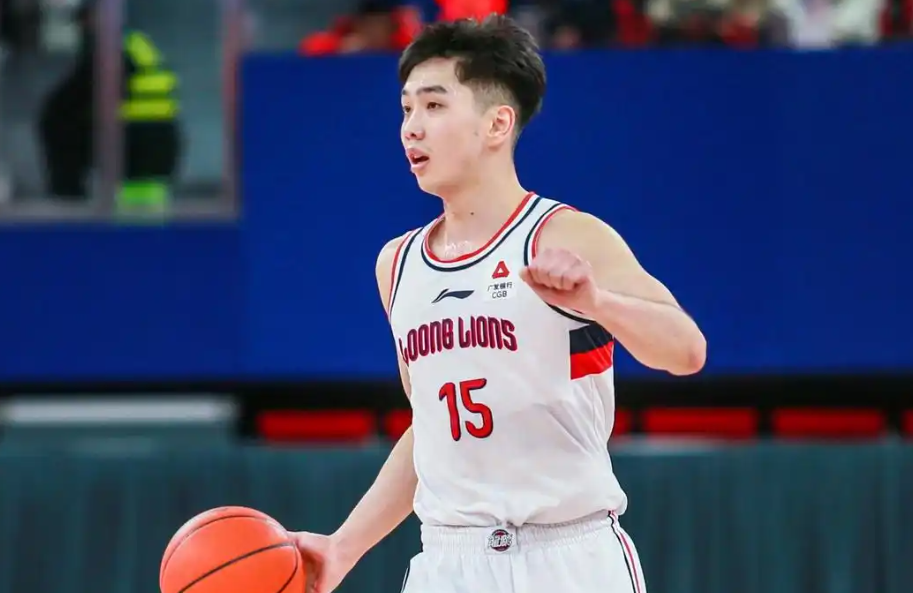
The CBA match on January 16, 2025, between Guangzhou and Guangdong teams, should have been a tense and exciting game where both sides could show their strengths. However, at the end of the game, Tong Jiajun's two 24-second violations turned the situation around. Imagine that the game was in the fourth quarter, and Guangzhou team was originally leading. But in the critical 3 minutes and 19 seconds, Tong Jiajun made two 24-second violations one after another. This kind of mistake not only left people speechless but also made them stare in amazement.
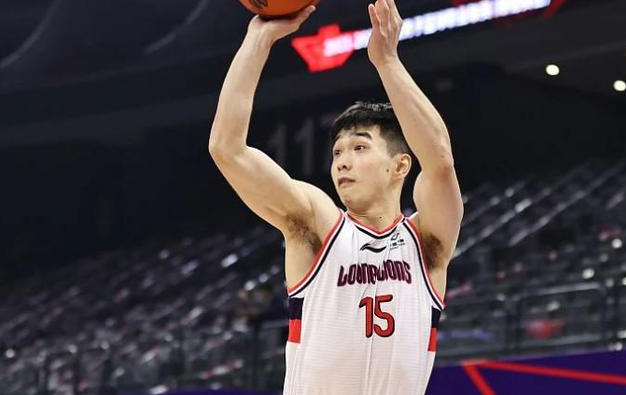
When the first mistake happened, Tong Jiajun received a pass from his teammate but hesitated to shoot when facing the defense, eventually wasting the offensive time. Then, in less than a minute, he again failed to seize the opportunity to attack after receiving the ball, resulting in another 24-second violation. Even worse, immediately afterwards, Jilunwater completed a block on Tong Jiajun, allowing Guangdong team to take advantage of this opportunity to counterattack. This series of mistakes seemed to open Pandora's box, completely burying Guangzhou team's chance of victory.
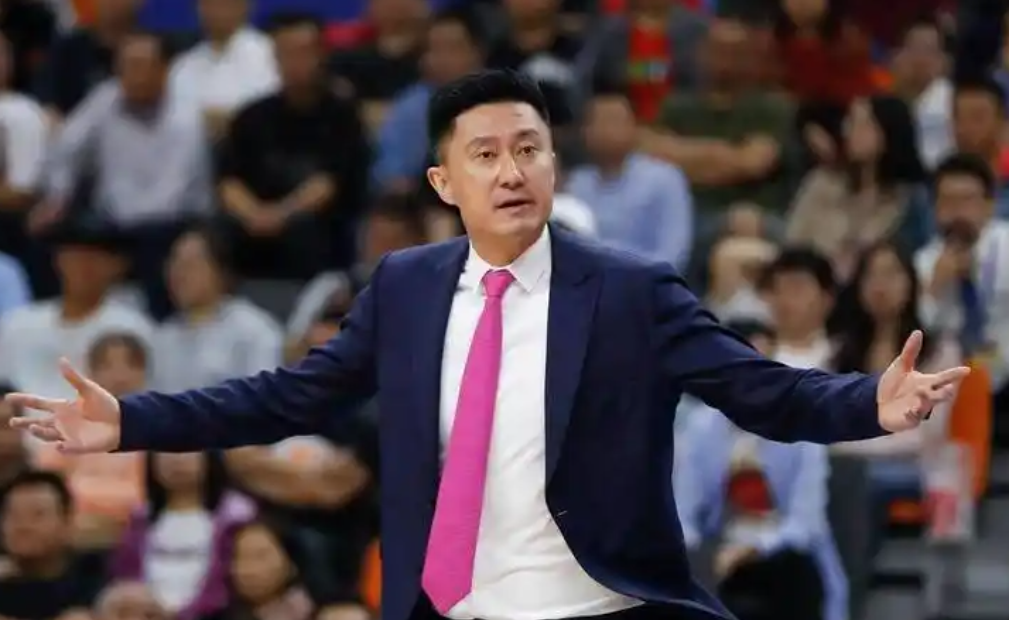
Fans watching the mistakes on TV screens couldn't help but sweat, while teammates on the court were disappointed. On the other hand, the players of Guangdong team seized this opportunity and launched a strong counterattack. It was almost like an "error curse" had descended, and Tong Jiajun's two mistakes became the key turning point for Guangdong team's reversal. The final outcome of the game seemed to be firmly locked by these two mistakes.
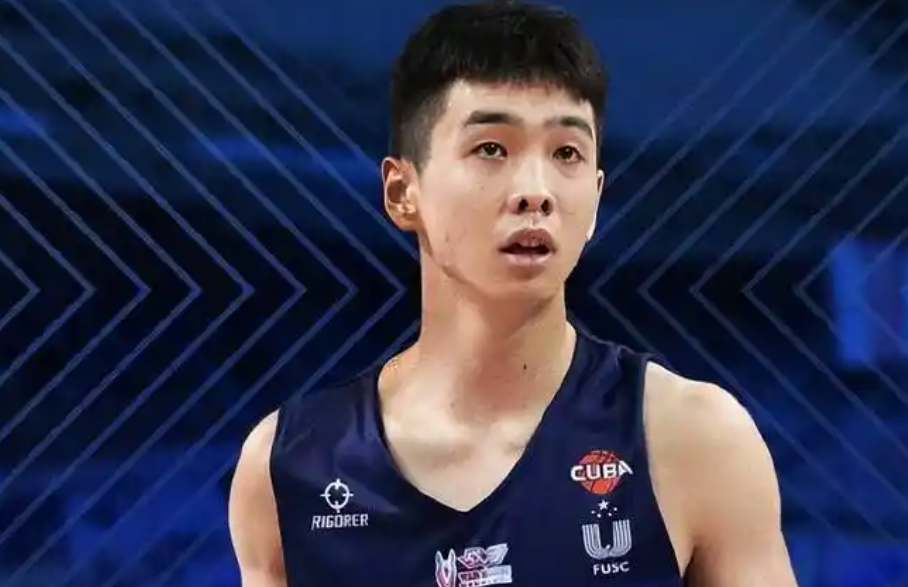
Speaking of Tong Jiajun, people may first think of his identity as Du Feng's nephew, which is no small matter in the CBA circle. However, if we set aside these background factors, Tong Jiajun's professional performance is difficult to satisfy. So far this season, he has played 23 games, but his average score is only 0.7 points, with a shooting percentage of only 16%, and a three-point shooting percentage of only 16.7%. Such a low performance can stand in the CBA, which really makes people puzzled.
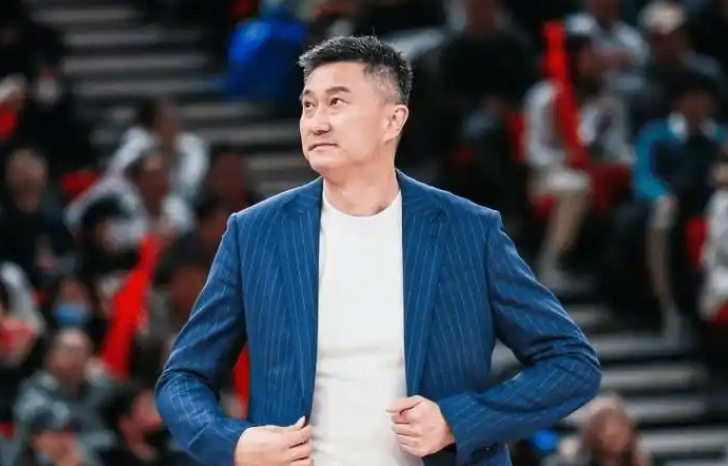
What is even more surprising is that Tong Jiajun's error rate is also astonishingly high. With an average of 1.2 turnovers and 1.9 fouls per game, such data cannot support his position in the professional league. So the question arises, what exactly allows Tong Jiajun to continue playing in the CBA league? Is it just because he is Du Feng's nephew? This seems to have become a question in many people's minds.

If we look at his professional performance, Tong Jiajun has not shown the stability and aggressiveness expected of a guard, especially in decision-making under pressure and in critical moments, where his mistakes frequently occur. This also makes people wonder: Is it because of Du Feng's special relationship that Tong Jiajun gets so many opportunities to play? This is not uncommon in professional sports, but if relying solely on relationships rather than actual ability to maintain a career, it becomes somewhat inexplicable.
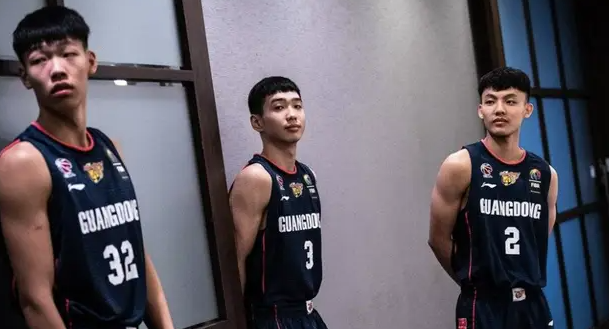
Regarding this game, although Tong Jiajun's mistakes are undoubtedly the biggest "heartache," Guangdong team's comeback victory is not entirely due to the opponent's mistakes. More importantly, Guangdong team's outstanding performance in the critical moments, especially Xu Jie and Jilunwater's key scores. These two not only grabbed important points in the game but also limited Guangzhou team's offense with tough defense, providing Guangdong team with the opportunity to counterattack.
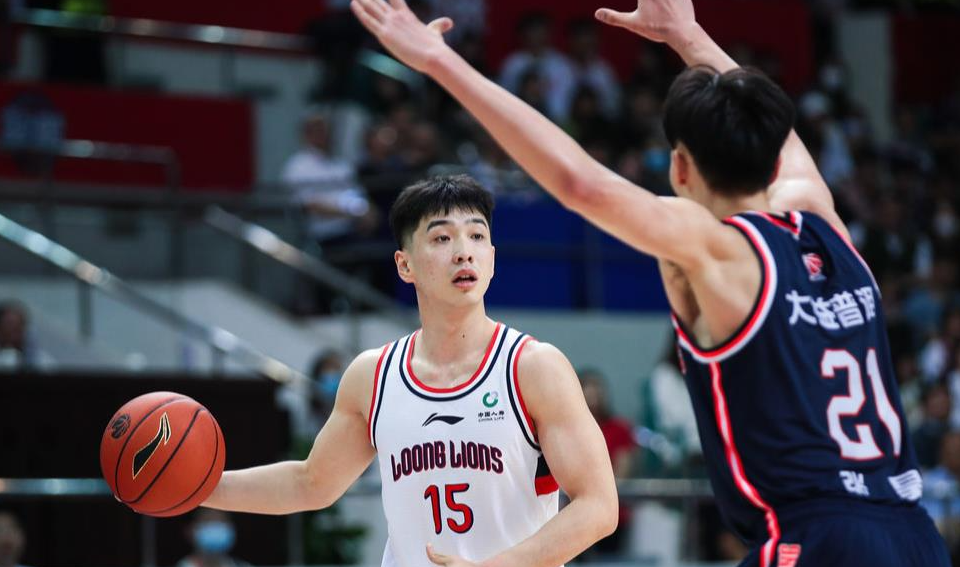
However, Guangzhou team's performance is somewhat confusing. As the head coach, Du Feng obviously made certain mistakes in tactical arrangements. Especially in the critical moments, he still entrusted the time to the unstable Tong Jiajun, which is somewhat puzzling. After all, every second in the game is crucial, and tactics and personnel decisions determine the fate of the game. Yet Du Feng apparently did not make the most rational choice at this moment.
So, does Du Feng have a problem with his personnel selection in this game? Judging from Tong Jiajun's performance, he did not live up to his responsibilities but instead became the most obvious "weak link" in the game. However, Du Feng still placed him on the court at the critical moment, which is clearly not just because he is his nephew. Du Feng has always advocated giving young players more opportunities, but this does not mean that "opportunities" can be treated as a "tolerance rate" in critical moments.
Tong Jiajun's mistakes are not just technical problems; they also expose the psychological quality of professional players under pressure. Every player faces tremendous pressure, especially in the critical moments of the game, those seconds that count. From Tong Jiajun's mistakes, we seem to see his timidity and helplessness in these moments. In those two mistakes, it is clear that he did not make a bold decision, even hesitating when facing the opponent's defense. This psychological issue directly led to the loss of the game.
In the high-level CBA league, players need not only skills and physical fitness but also strong psychological quality. The critical moments of the game best reflect a player's true ability. Tong Jiajun's mistakes make us ponder whether psychological training for players is equally important besides technical training?
Tong Jiajun's mistakes also remind us of those "undercover" mistakes in CBA history. Such mistakes, although they appear to be purely accidental, always cleverly influence the outcome of the game. In this case, fans not only begin to question the professional ethics of the players but also start to think: Is there a possibility of intentional mistakes or "undercover" behaviors that unintentionally affect the outcome of the game in competitive sports? Although this idea is somewhat radical, it makes people question the purity of the game.
Competitive sports ultimately depend on strength, but the complex issues revealed behind this game are perhaps worth our deep thought.
Finally, in the mistakes of this game, Tong Jiajun is undoubtedly the target of criticism, but behind this, it also reflects more complex issues about tactics, psychology, and professional qualities.
(Disclaimer) The processes and pictures described in the article are all sourced from the internet. This article aims to promote positive social energy without vulgar or inappropriate content. If there are any copyright or personal infringement issues, please contact us in time, and we will delete the content immediately! If there are any questionable parts of the event, we will delete or make changes immediately after contacting us.